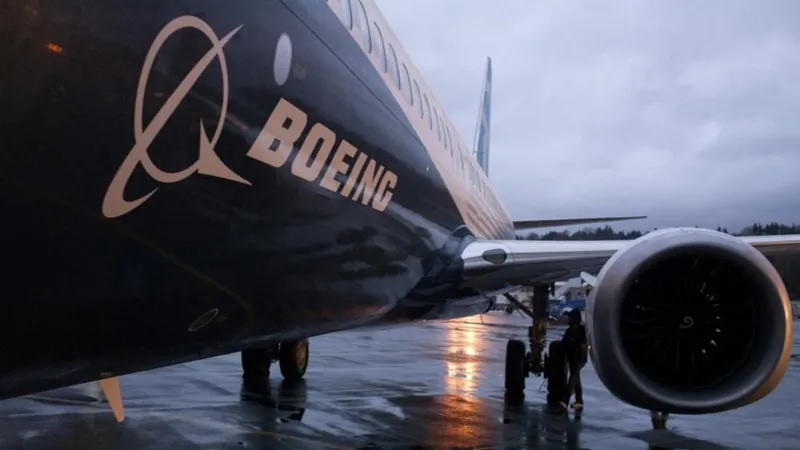In recent years, Boeing has faced intense scrutiny and legal challenges following two catastrophic crashes involving its 737 Max aircraft—Lion Air Flight 610 in 2018 and Ethiopian Airlines Flight 302 in 2019. These incidents resulted in the tragic loss of hundreds of lives and prompted a global grounding of the fleet, extensive investigations, and widespread criticism. Amidst this turmoil, Boeing has employed strategic legal and corporate tactics aimed at avoiding criminal prosecution by the U.S. Department of Justice (DOJ). Understanding these maneuvers reveals how the aerospace giant endeavors to mitigate legal repercussions while addressing safety concerns.
The Role of the Deferred Prosecution Agreement (DPA)
A key legal instrument in Boeing’s approach has been the negotiation of Deferred Prosecution Agreements (DPAs). A DPA allows a corporation to avoid prosecution if it agrees to certain conditions, such as implementing compliance programs, paying fines, and cooperating with investigations. In 2021, Boeing agreed to pay over $200 million in penalties as part of a DPA with the DOJ, which was instrumental in resolving federal inquiries related to the 737 Max crashes.
Cooperation and Transparency as Strategic Tools
Boeing’s legal strategy centers heavily on demonstrating cooperation with authorities. By providing extensive documentation, internal investigations, and testimony, Boeing aims to show that it is committed to rectifying misconduct and preventing future violations. This transparency can persuade prosecutors that the company is taking responsibility, which may influence their decision to avoid criminal charges.
Implementing Corporate Reforms
Following the crashes, Boeing announced a series of internal reforms—including overhauling safety processes, enhancing oversight, and establishing new compliance structures. These measures are designed to satisfy DOJ expectations for corporate accountability, signaling the company’s effort to proactively address systemic issues. Demonstrating meaningful change can be a critical factor in negotiations to avoid prosecution.
Legal and Regulatory Negotiations
Boeing’s legal team has engaged in detailed negotiations with federal prosecutors, focusing on the scope of potential charges and penalties. By reaching a settlement that emphasizes civil penalties and corporate accountability rather than criminal charges, Boeing seeks to protect its reputation and operations. The company also cooperates with the Federal Aviation Administration (FAA) and other regulatory bodies, which can further influence DOJ decisions.
The Significance of Corporate Self-Reporting
Self-reporting misconduct to authorities is a well-established legal strategy that can lead to more favorable outcomes. Boeing’s proactive disclosure of safety lapses and design flaws demonstrates a willingness to be transparent, which is often viewed positively by prosecutors. Such actions can serve as mitigating factors in legal assessments, reducing the likelihood of criminal prosecution.
Balancing Public Relations and Legal Strategy
While legal considerations are paramount, Boeing also manages public relations by emphasizing its commitment to safety and reform. Maintaining a positive public image can influence DOJ perceptions and aid in negotiations to avoid criminal charges that could damage the company’s reputation further.
Conclusion
Boeing’s efforts to avoid prosecution in the aftermath of the 737 Max crashes exemplify a complex interplay of legal strategy, corporate reform, and cooperation with authorities. Through negotiated agreements like DPAs, transparent reporting, and substantial reforms, Boeing aims to demonstrate its commitment to accountability while steering clear of criminal charges that could have severe financial and reputational consequences. As the company continues to rebuild trust, its legal maneuvers highlight the importance of strategic compliance and proactive engagement with justice systems in managing corporate crises.
Email Us on editorial@nnafrica.com













